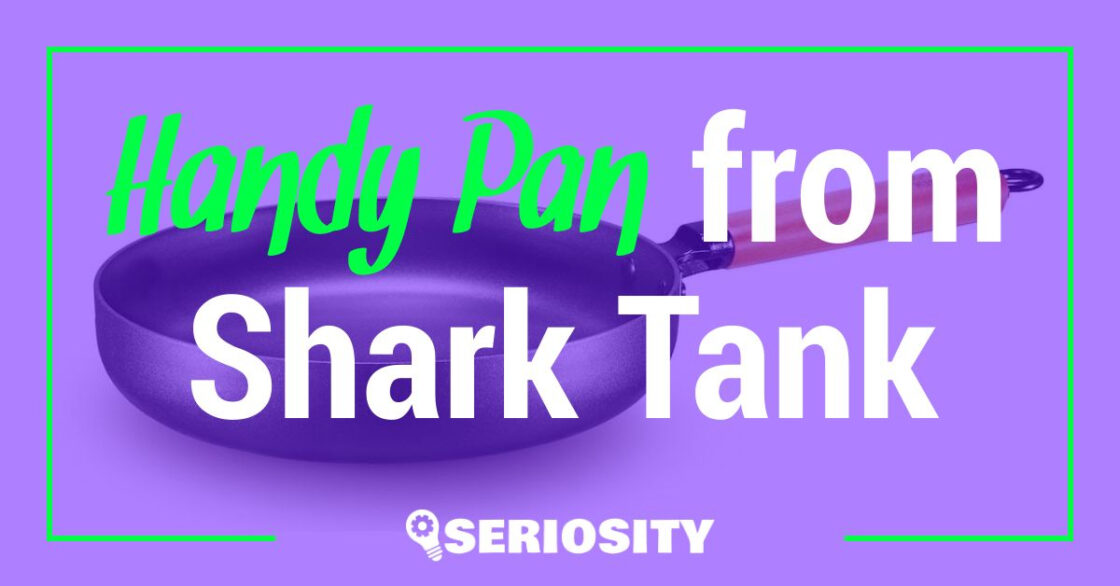Textbooks are a vital part of education. But getting hands on them can cost students a pretty penny. As of August 2021, undergrad students spent over $1200 per year, on average, on textbooks. In a 2020 research survey, 25% of students reported working extra to pay for their books and course materials, while 11% said they skipped meals to save money for textbooks and supplies. When asked what they would do if they had an alternative, a whopping 66% said they would avoid buying textbooks due to their high prices.
It turned out there had been a way for several years to save on textbooks cost, but many students probably didn’t know about it. It’s called Packback!
What is Packback?
Packback is a textbook rental service that the majority of people learned about when it appeared on Shark Tank Season 5 on March 21, 2014.
Founded by three Illinois State University students, Casey Gandham, Mike Shannon, and Nick Currier, in 2011, Packback offered digital copies of textbooks for just $5 a day, allowing students only to get textbooks as and when needed. The platform also provided the option to buy textbooks that students think they may need for longer with adjustment of rental fees towards the buying cost.
Two of Packbacks’ founders – Casey and Mike – came to Shark Tank for investments to build out their digital platform and expand their marketing efforts. They asked for $200,000 for 10% equity in the company.
Packback seemed a useful platform for students. However, surprisingly, none of the Sharks except Mark Cuban showed interest in the business. He wanted them to raise their equity offer, though, because he believed 10% wasn’t enough for him to invest in a business other Sharks do not find worth investing in. Casey and Mike took some time to discuss it between them and then offered Mark 17.5% equity in the company in return for the same amount, i.e., $200,000. But Mark wanted more equity. He offered 20% for $250,000, which the Packback founders accepted.
The business benefited from the Shark Tank appearance. Not only their sales increased, but the owners were also able to secure additional investments of $1 million. The growth was slow but steady. They even opened up a brick-and-mortar office space in February 2016. The company also expanded their line of products with the launch of Packback Questions – an online question/discussion platform for students.
It all seemed to be going well until August 2018, when a statement appeared on the company’s blog out of nowhere, announcing the end of Packback Books.
As of 2022, Packback offers two products – Packback Questions and Packback Instruct. The only difference between the two is that Packback Instruct allows the users to create discussion polls, provides an interactive analytics dashboard, and a feature for sending customized email feedback, along with all the Packback Questions features.
Our Review of Packback
Packback Books was a good idea, but it lacked vision and originality. From the name to the core business idea, nothing was original. All the founders did was micro-packaged the already existing eBook rental model. So, zero points for creativity and originality.
However, this doesn’t mean Packback Books was a useless platform. It was a useful platform for students and helped reduce the costs of textbooks for them quite significantly. But it seems the model didn’t work out for entrepreneurs in the long run. We don’t know what exactly caused the business to fizzle out, but it could be the non-availability of required titles or the fact that most students aren’t quick enough to complete their work/assignments within a couple of days and keeping books for longer would cost them more (just our guesses).
Packback Books is no longer operational. While the company is still in the business and has the same target audience, i.e., students, it’s a major shift from the original business model. And, we’re not fans of the new model.
Packback Questions may be a useful platform for students to have informative, thoughtful discussions. But there are similar platforms that are free to use. Why pay money when you can avail of the same services for free? Although the company reported in 2016 that its new Questions platform was doing really well, we have concerns about its future, particularly in the long run.
Pros of Packback
- Books were available for rent on per day basis
- Helped students save a good amount of money on textbooks
- Also offered the option to buy books
- Adjustment of the rental fee for books that students decide to purchase after renting
Cons of Packback
- Lacked originality
Who is Packback For?
Packback Books is no longer available. However, Packback Questions is still functional and is directed towards students. However, it also invites instructors and educationists to join the platform to help students and answer their questions.
Are There Any Alternatives?
There aren’t any daily rental or pay-per-use services available for books. But Amazon and Chegg are the OGs of the book rental industry. For most books, Amazon allows renting for one semester. But for some titles, it also provides the monthly renting option, allowing you to rent a book for one, two, or three months. Chegg, on the other hand, allows renting books for a quarter or semester. Both help save money on textbooks.
Our Final Thoughts
Packback Books was a good initiative, but it couldn’t survive for long. Although the company itself is still operational, the new platform doesn’t seem worthy enough. But it may be to students, especially those struggling with understanding some concepts and want someone to explain them in simple words or with better examples.





